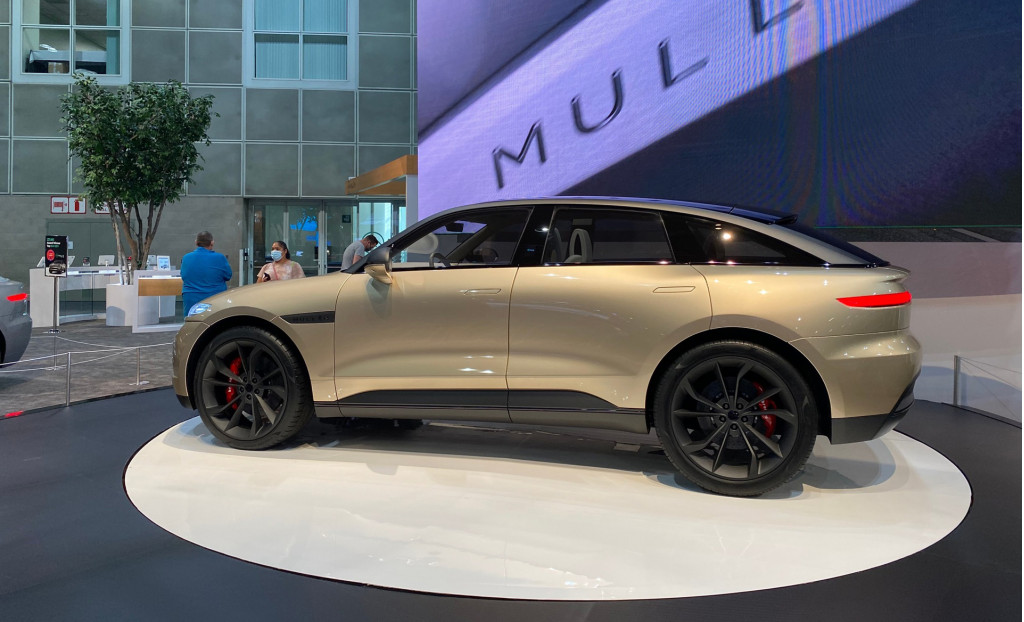An electric vehicle startup by the name of Mullen has joined the race to develop solid-state batteries, a technology that has the potential to significantly improve range, charge times, and safety.
Mullen on Monday said it is developing a solid-state battery cell that could deliver a range of more than 600 miles from a battery pack with a 150-kilowatt-hour capacity. DC fast charging would also enable 300 miles of range to be added in just 18 minutes, the company said.
It's still early days, though. Mullen doesn't plan to start testing its solid-state battery in a vehicle until 2025, or one year after its first model, the Five crossover, goes on sale. And even if the testing is successful, Mullen doesn't see its solid-state battery being made available to customers until the arrival of a second-generation Five crossover—presumably around the end of the decade.

Mullen Five
A number of major automakers are also developing solid-state batteries, though most are working with companies that specialise in battery development. Volkswagen Group has said it aims to introduce the technology after 2025. Nissan has announced a set date of 2028, while the likes of BMW and Mercedes-Benz have said the end of the decade. Perhaps the first with the technology will be Toyota, as it plans to introduce it first in hybrid vehicles.
While solid-state batteries aren't a new technology, hurdles remain when it comes to automotive applications, particularly manufacturing the batteries at the scale and durability required for cars.
Mullen's Five crossover due in 2024 will arrive with current liquid-type battery technology. The Tesla Model Y and Volkswagen ID.4 rival is based on a modular EV platform and in standard guise will offer a 95-kilowatt-hour battery good for a claimed 325 miles of range. The base model is also claimed to pack enough grunt for a 0-60 mph time of 3.2 seconds and a top speed of 155 mph. Mullen said pricing will start at about $55,000.
